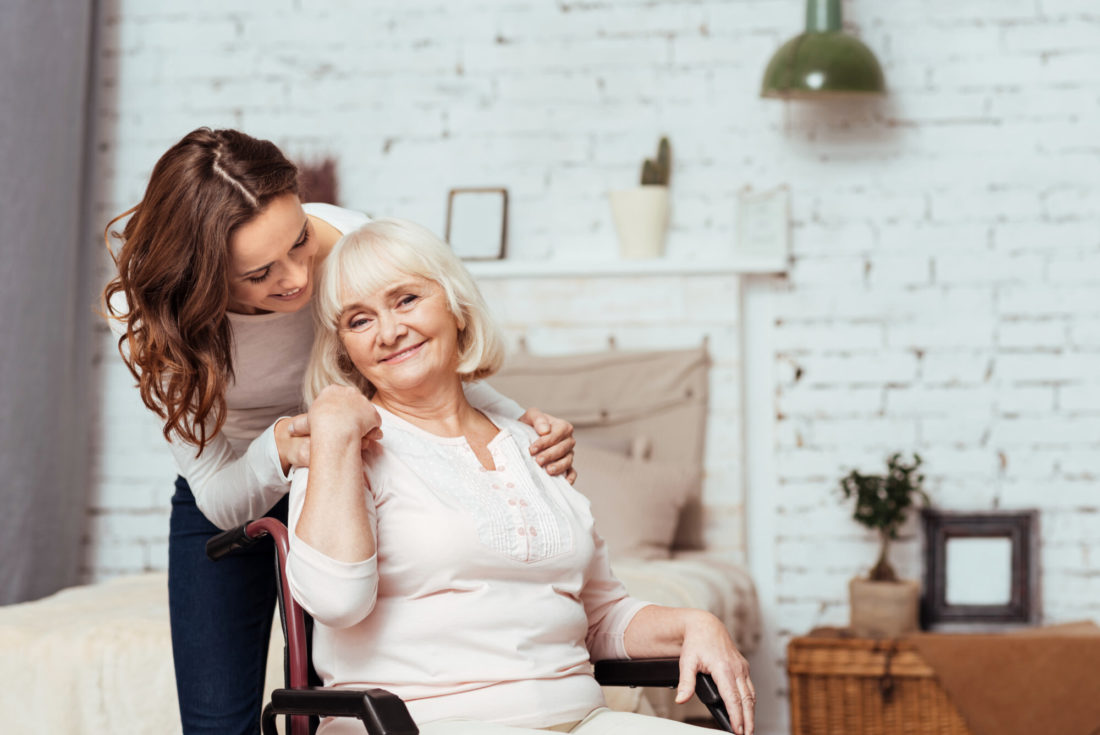Home Safety For Seniors: 5 Tips For Living Independently
 More than 7 million adults, over age 65, live on their own in the United States.
More than 7 million adults, over age 65, live on their own in the United States.
Living independently can help people save money and maintain privacy.
Unfortunately, as adults age, they become more at risk for falls and injuries, especially when no one is around.
Continue reading to discover some of the best tips on home safety for seniors, so that you or someone you love can remain healthy!
Table of Contents
1. Remove Tripping Hazards
Living alone at an older age can help you maintain privacy.
Unfortunately, depending on where you live, your home may have hazards that you must fix or get rid of.
Loose electrical cords and rugs are two main culprits of falling. You should do whatever you can to take down the edges of the rugs and cover-up cords. Keeping rooms well lit will help you see where you are going so that you don’t trip and fall.
Many companies can offer a fall prevention program that will ensure the safety of your living arrangements.
2. Build Relationships With Your Neighbors
One of the most important tips to follow when planning home safety for seniors is to build relationships with your neighbors.
Getting to know your neighbors can come in handy. Having someone look after you or a loved one can give peace of mind. If you get close enough with your neighbors, you can add them to emergency contact lists.
Your neighbors will be able to reach you or your loved ones quickly.
3. Use Medical Alerts
If you are living on your own, you may want to consider using a medical alert systems with fall detection in case of emergencies.
Many medical companies have One Call Alerts that can put you into contact with emergency personnel with the click of a button. Having these alerts are crucial if you are prone to falling.
Sometimes dialing the phone can be too difficult in times of need. With these companies, reaching out for help and getting assistance will be no problem.
4. Have a List of Current Medications
Putting together a list of your current medications, allergies, and medical needs are crucial if you decide to live alone.
Having this information will help medical professionals in times of need, especially if you are unable to inform them. Many people recommend wearing a medical ID bracelet. They can help identify specific conditions and disorders.
You will likely have to provide this information to emergency contacts and medical professionals.
5. Use a Lock Box
At times, you may need people to access your home when you are unable to get up to the door.
Having a lockbox or keypad entry can allow access to people that you give the passcodes to. You should only give these codes to trusted family members, friends, and medical professionals. If you are injured and can’t get up, someone will still be able to access your home and help you quickly.
Helpful Tips on Home Safety for Seniors
Living on your own at an older age can give you a sense of independence and privacy.
Unfortunately, as you age, you may become more prone to medical risks. Focusing on home safety for seniors can help you ensure that your home is secure and set-up to your benefit.
Be sure to check out our blog for more articles about making your home safe so that you can live your best life!









